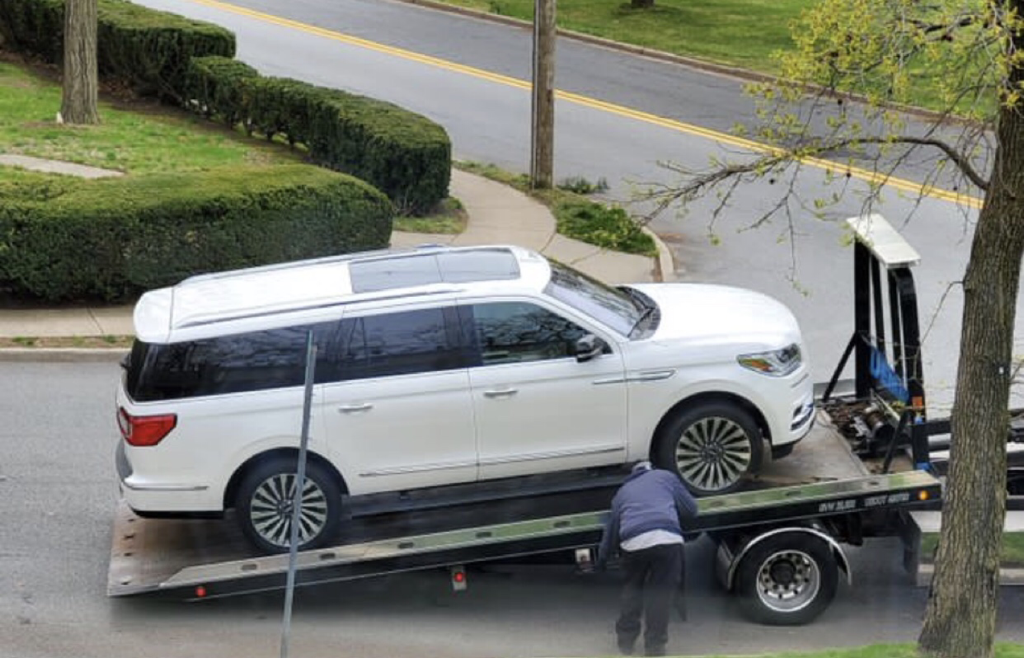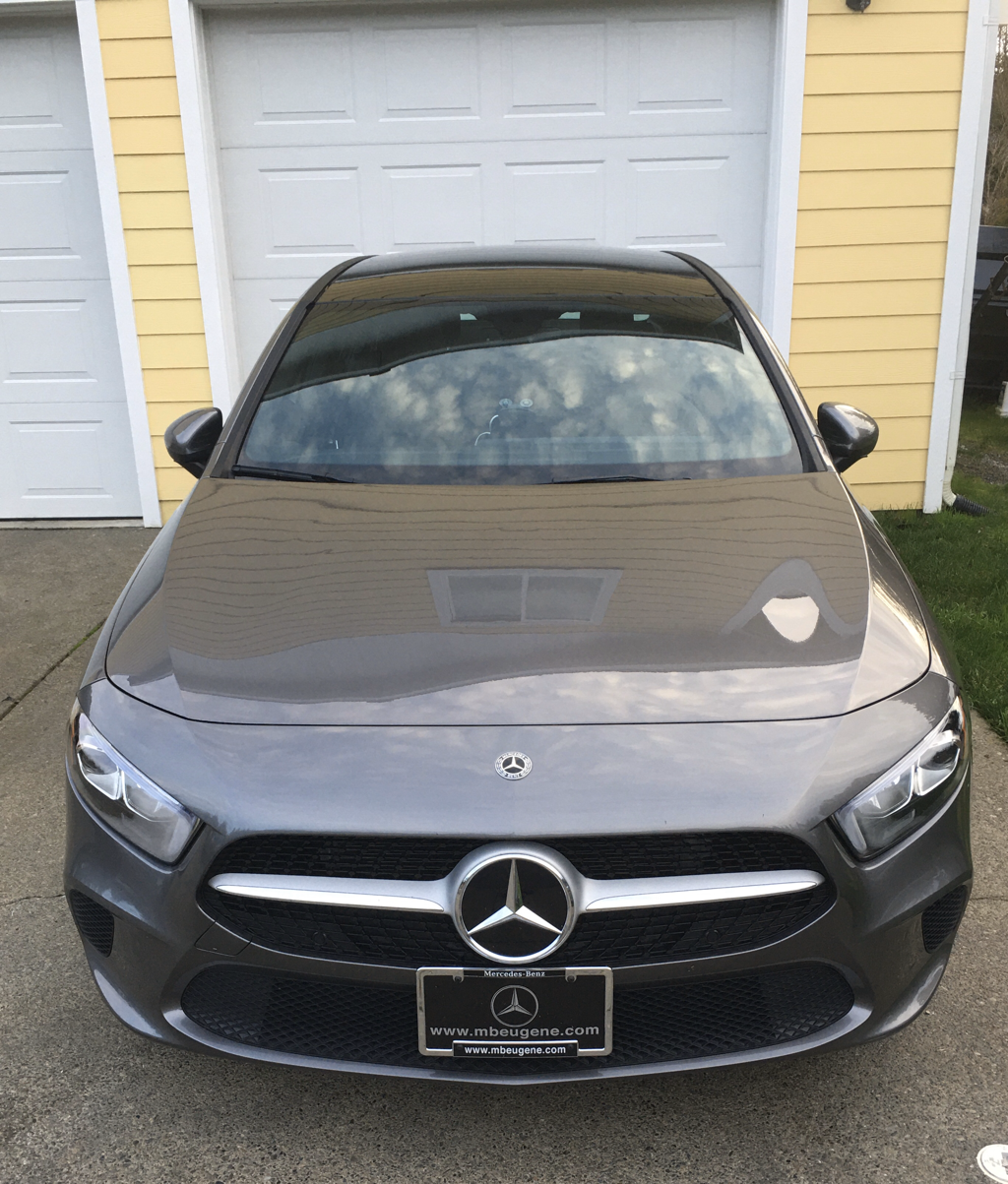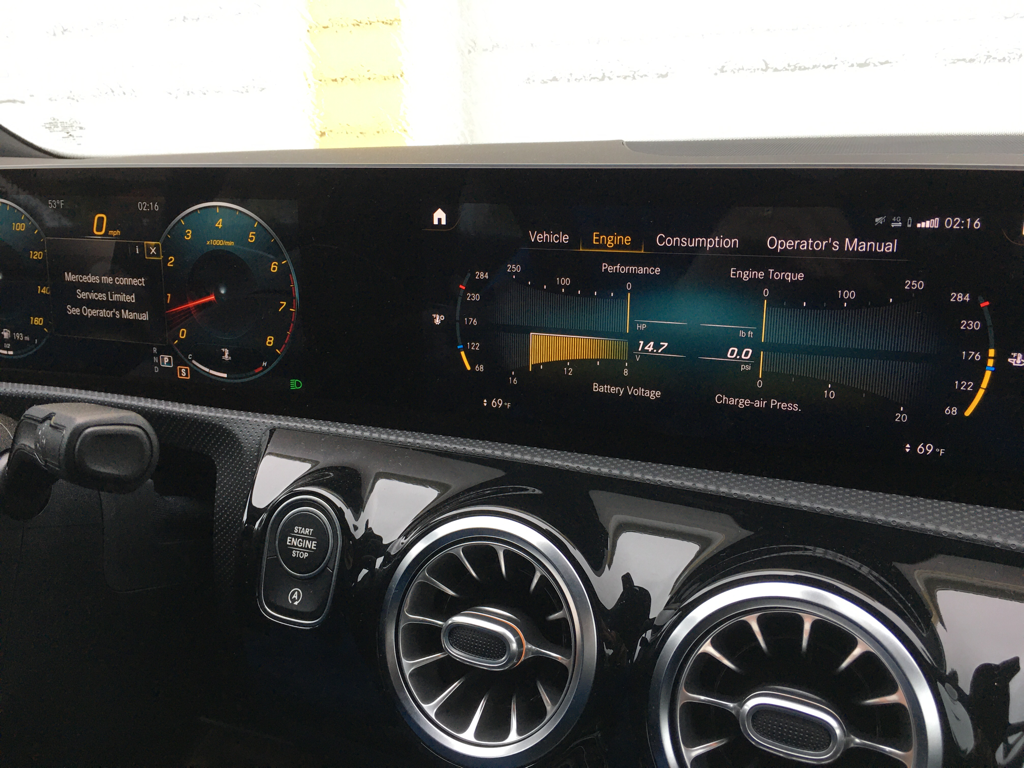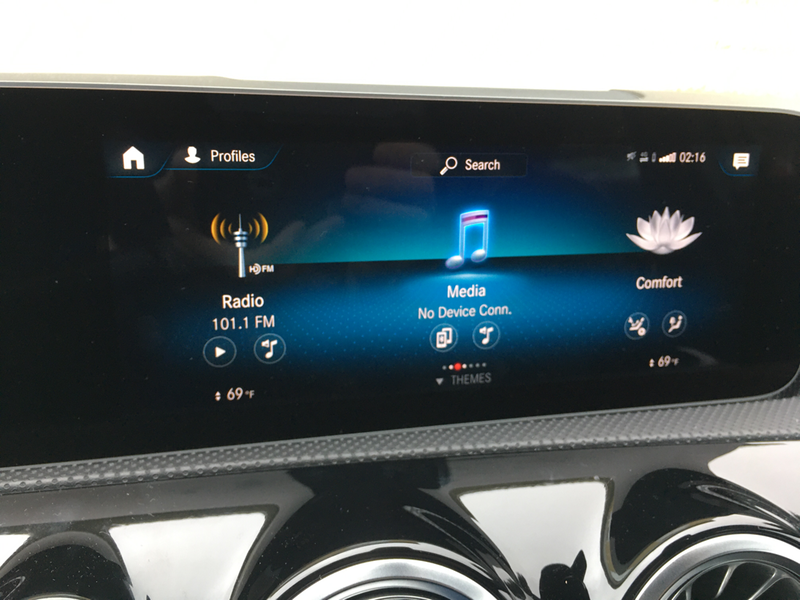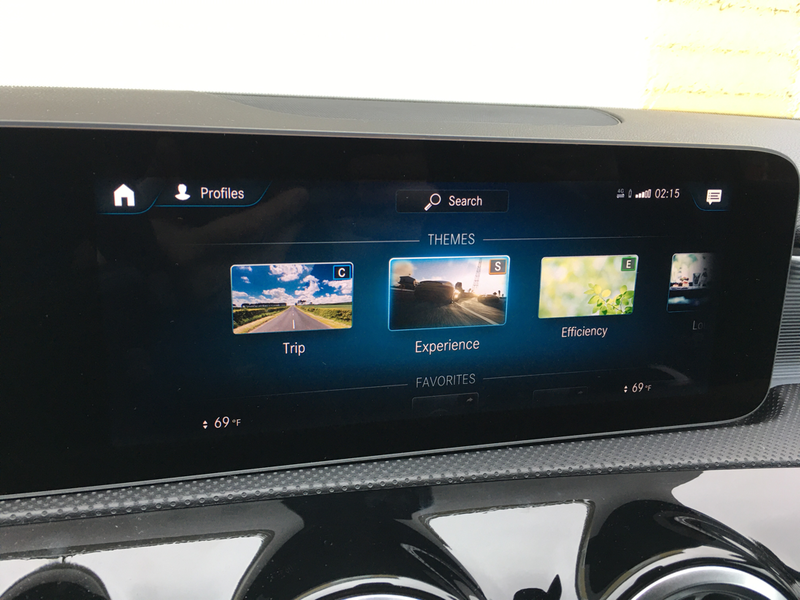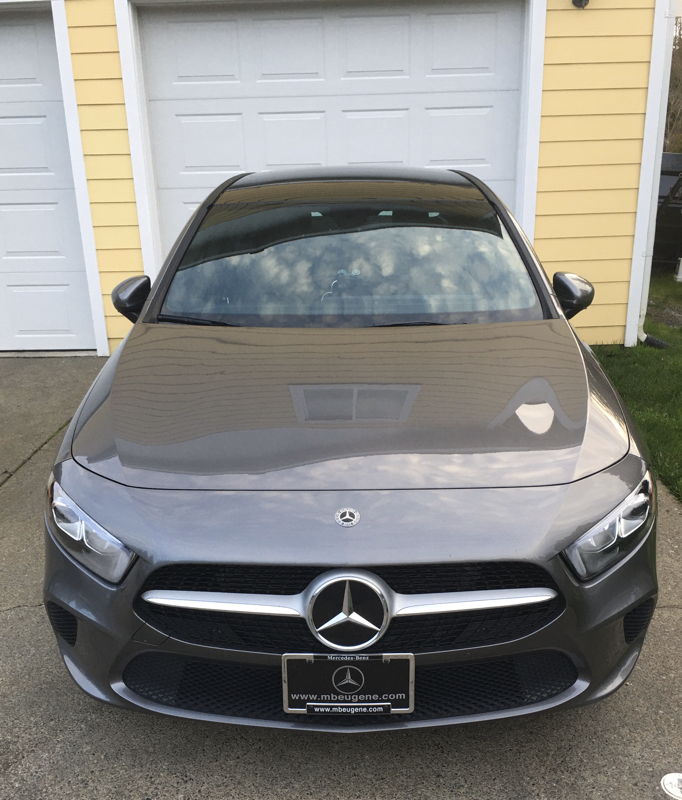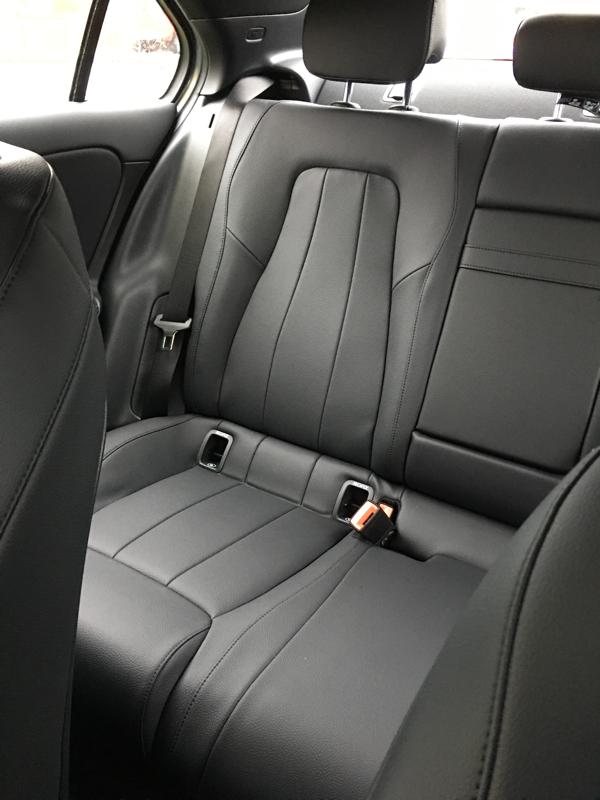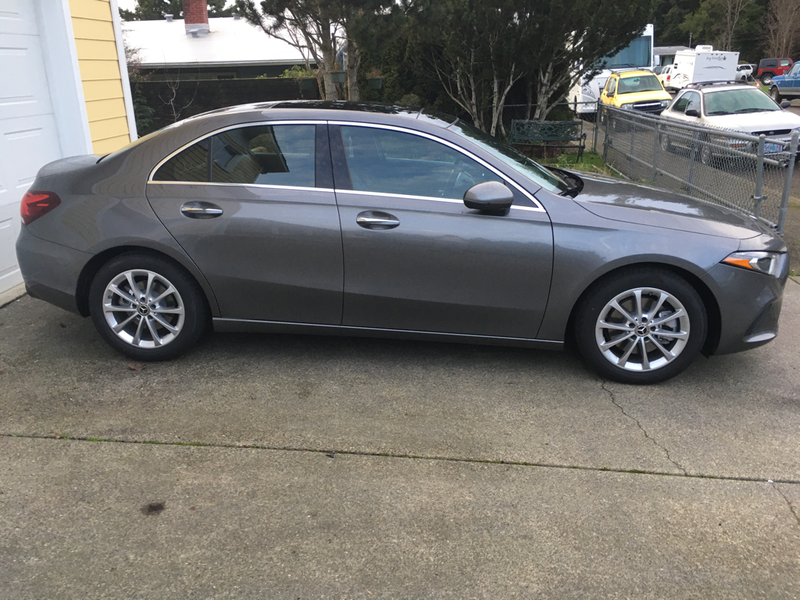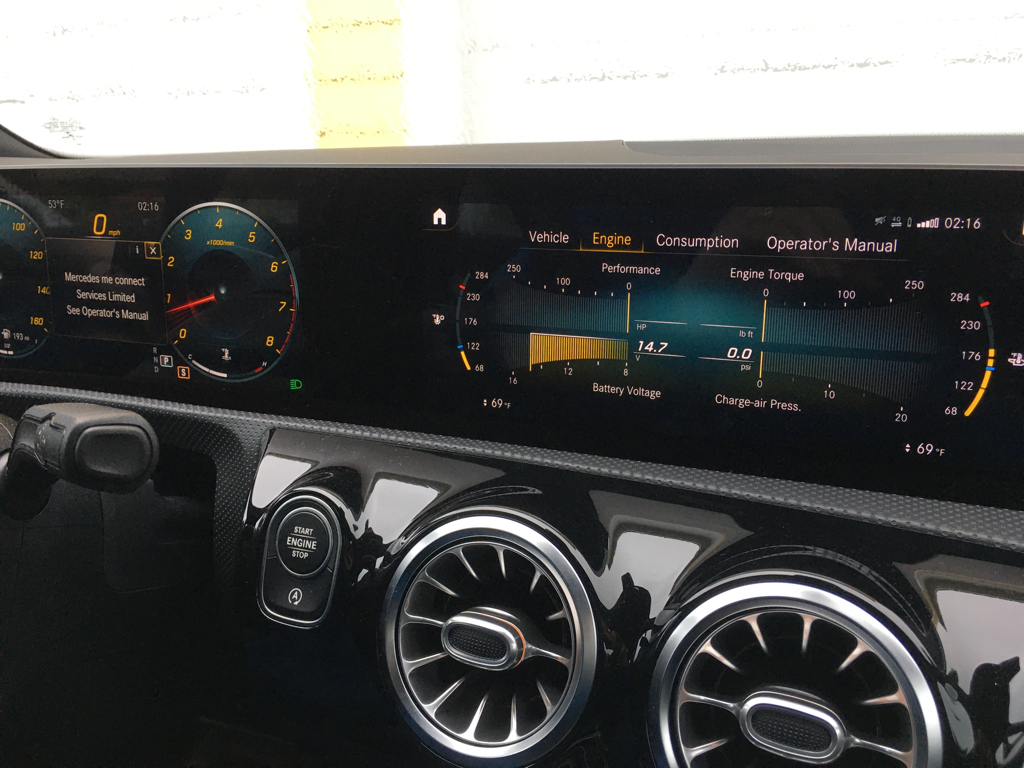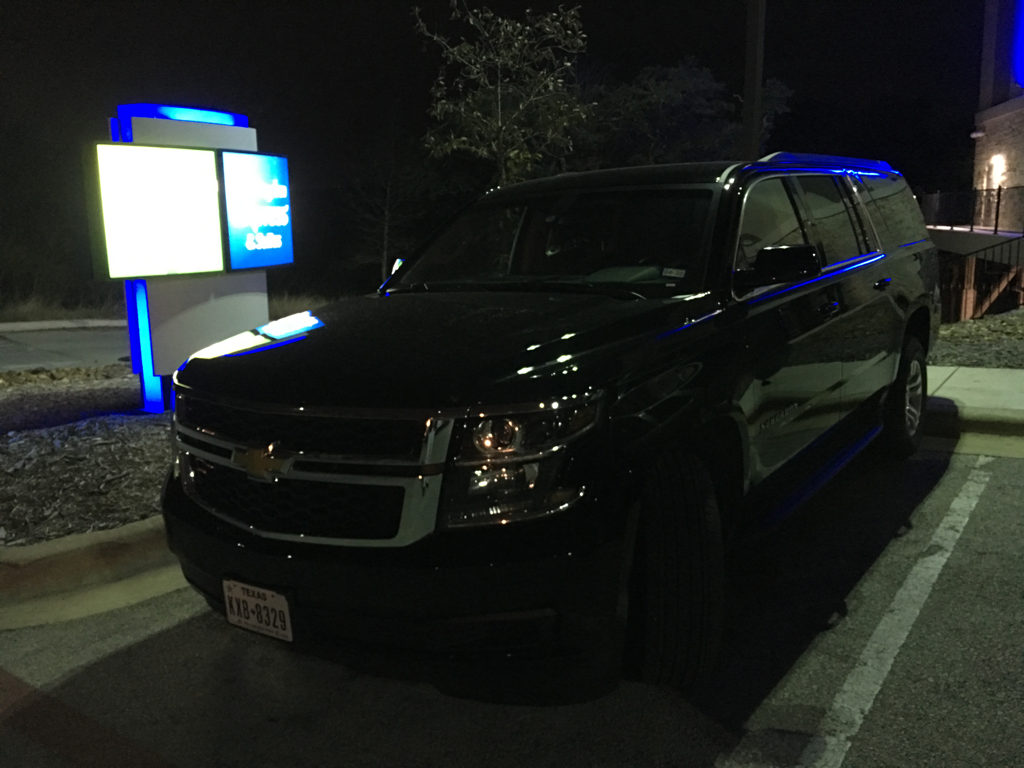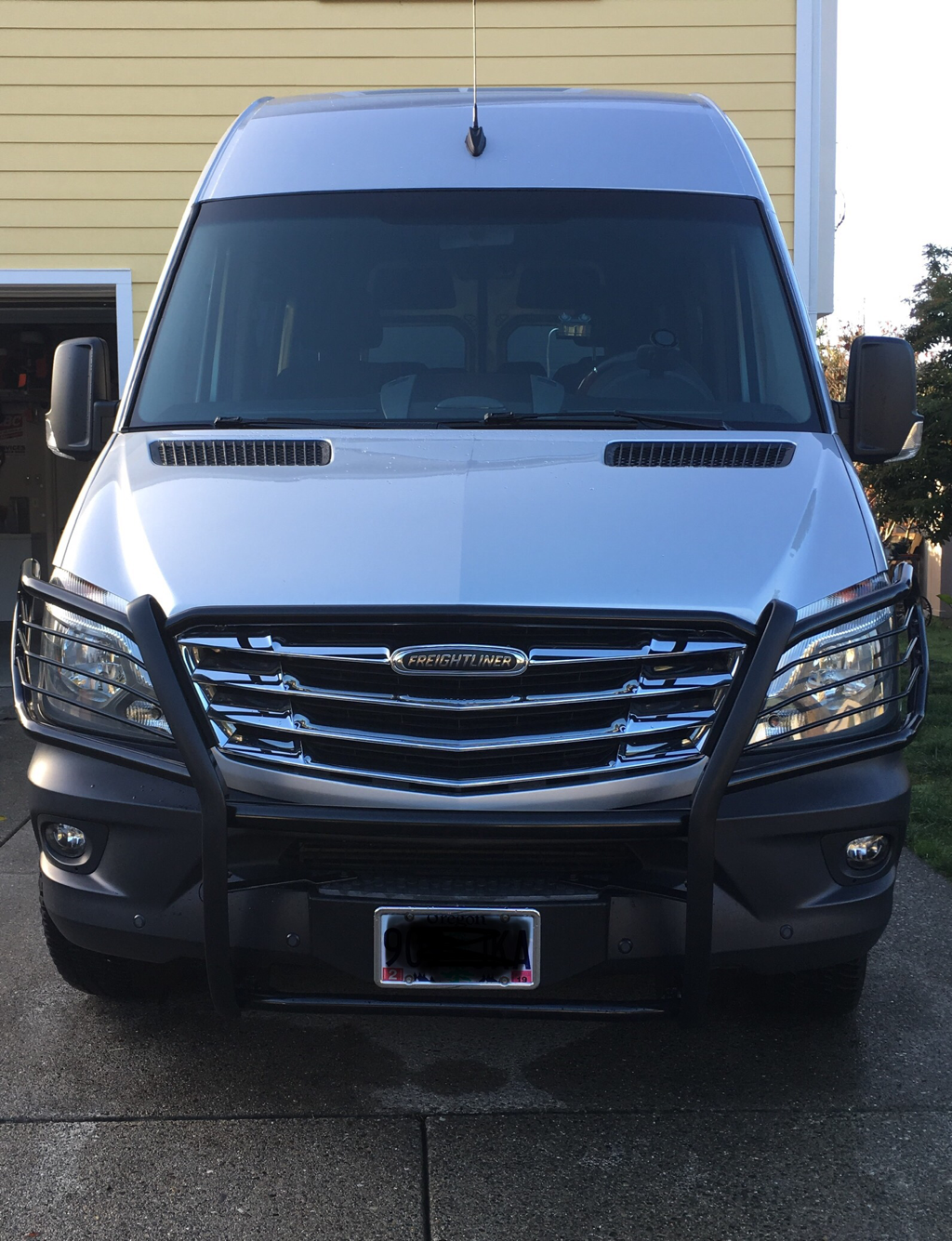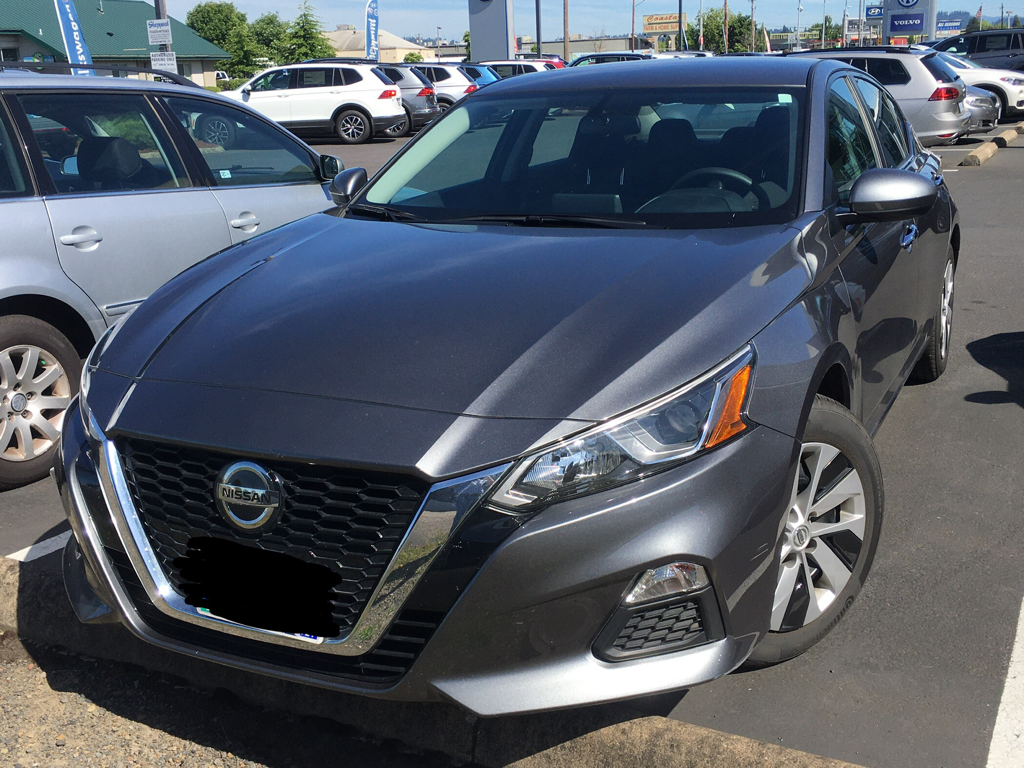Like any big business transaction, it pays to have a plan before making the first move. All too often buying a car typically starts with the curious, impulsive shopper spontaneously dropping by the dealer lot to take a peek. Within 2 hours, the unintended buyer is finishing the last of negotiating the trade and taking delivery of the new car.
At that moment, both the buyer and dealer are relatively happy. The buyer feels that their superior negotiating skills perhaps just got the better of the dealer, or is at least relieved to not have been scalped in the deal. The dealership counts on the impulsive buyer. The dealership needs this relationship much like a spider needs a big juicy moth in its web.
The buyer will perhaps realize over time that they were taken to the cleaners, but most won't. Even so, there is nothing the buyer can do to recoup lost money, once the buyer takes delivery of the vehicle. The buyer, while maybe not getting soaked on the trade did most likely got hosed on the financing.
Dealerships know that the average consumer walks into the dealership feeling that if they can take advantage of the dealer by chipping a few hundred or few thousand dollars off the price, all is a success. Dealers know this proves a nice distraction for where the real gravy is made, in the financing.
Thousands of dollars can be made over the term of a loan, typically with little or no fuss for the dealership. How? One may be told that they qualify for a higher interest loan than what one's good credit really qualifies for. This has been tried on me and is tried with success with many buyers every day. Fortunately, I avoided this ploy by having a plan and so should you.
Before buying a new ride have this simple check list in order.
1) Your plan should start by shopping credit unions with the best financing rates. Credit unions are preferable to me over banks because members are owners. Typically, credit unions offer fewer fees and more favorable terms.
2) Once you find the credit union of choice, drop by and become a member. This often doesn't require much money to open an account. While you are there ask, what you would be cleared to borrow and the terms. This step takes very little time and allows you to know what you can afford to spend on a car before getting neck deep at the dealership. Credit union rates are generally better than what you will find at the dealership. One can also compare the dealer's rate AFTER the credit union's. This step allows you to negotiate on the car over the phone with different dealers. It's important to have the numbers figured out from the dealership, preferably in an email or in written form before you set foot into the dealership. If the dealership can't give you solid numbers over the phone or in an email, skip them and work with someone who will answer your questions before you enter their turf.
3) Okay, now you know what you can afford and you can now choose your top three choices to research online. If you already know exactly what you want, narrow the focus and start the research.
4) After narrowing your choice down to your favorite make, model and trim level, you can then check online with Ebay, Autotrader, Truecar, KBB or Edmunds.com to see what the market price, dealer kickbacks & invoice look like. I usually figure that on a typical import car costing $22,000 to $30,000 there is often around $3000-$6000 to work off of the msrp. Typically more on a domestic make. This is where it pays to do your research. Their is money to be haggled on with lease vehicles too.
When I purchased my 2009 Jetta Sportswagen TDi, I purchased it at msrp in Florida and saved about $8500 (after shipping), compared to buying it here on the west coast. When I sold the car, several thousand miles later I got about what I paid for it new.
5) Start by calling the people in the dealership's internet sales or fleet sales department. My suggestion is to call dealerships far away from where you are first; to practice your negotiating skills. Call your local dealership last, after calling everyone else you can possibly call. Give your local dealer a chance and see what price they quote, without mentioning the best price you've found. If the dealer quotes a better price, you can negotiate it lower or for more equipment. If your local dealer is higher, it will be your choice if it's worth haggling or going straight for the better price at the other dealer. I recommend to haggle on the phone or online- not at the dealership itself.
6) If you have a vehicle to trade, sell it yourself and save more of your money.
7) Lastly, I've been told that some credit unions try to finance your auto insurance into the loan. My suggestion is to NOT do that. It will cost you more in the long run. Staying in control means you can keep it competitive. Getting a quote from an independent insurance agent will give you more choices to choose from.
Happy shopping!

 RSS Feed
RSS Feed

